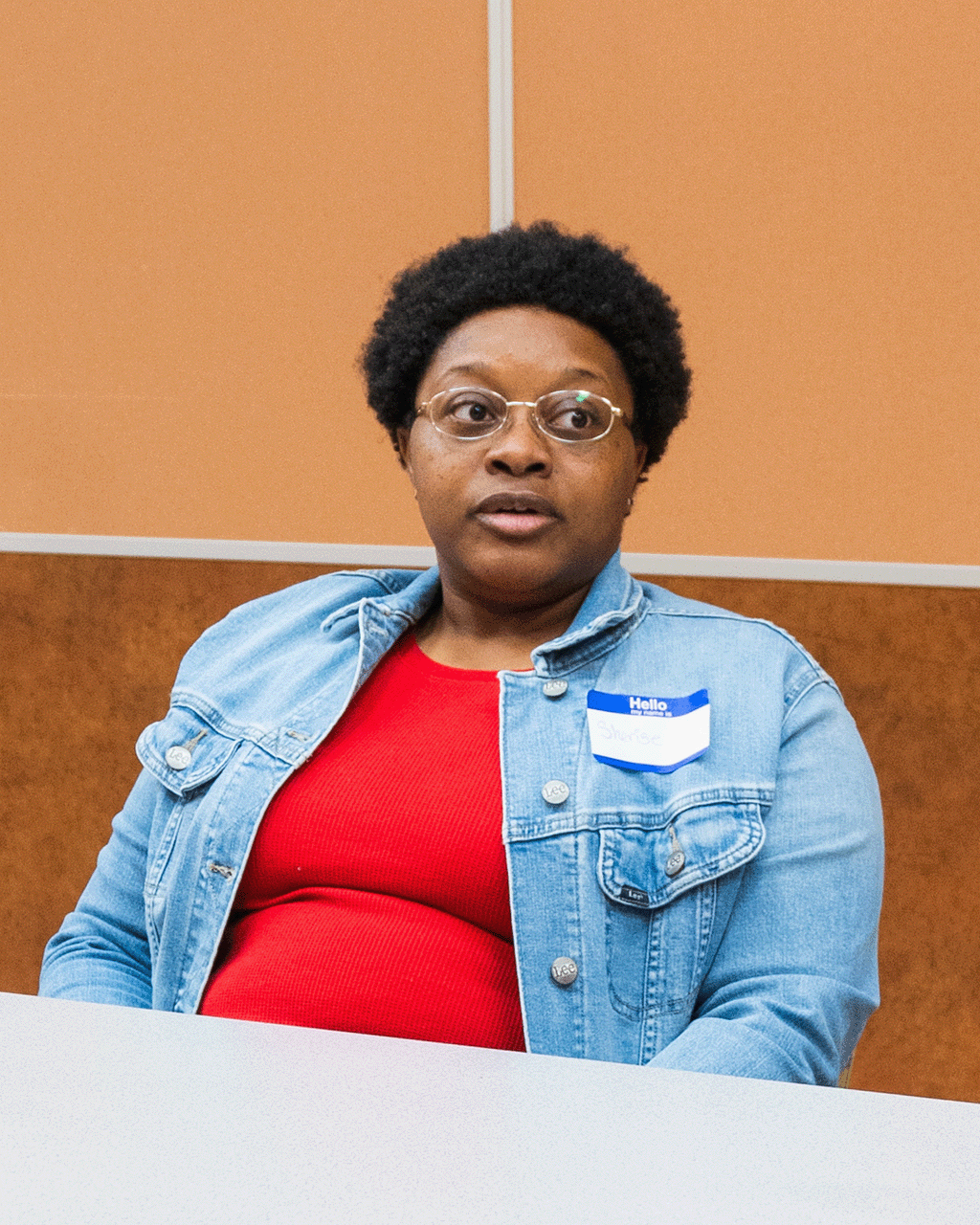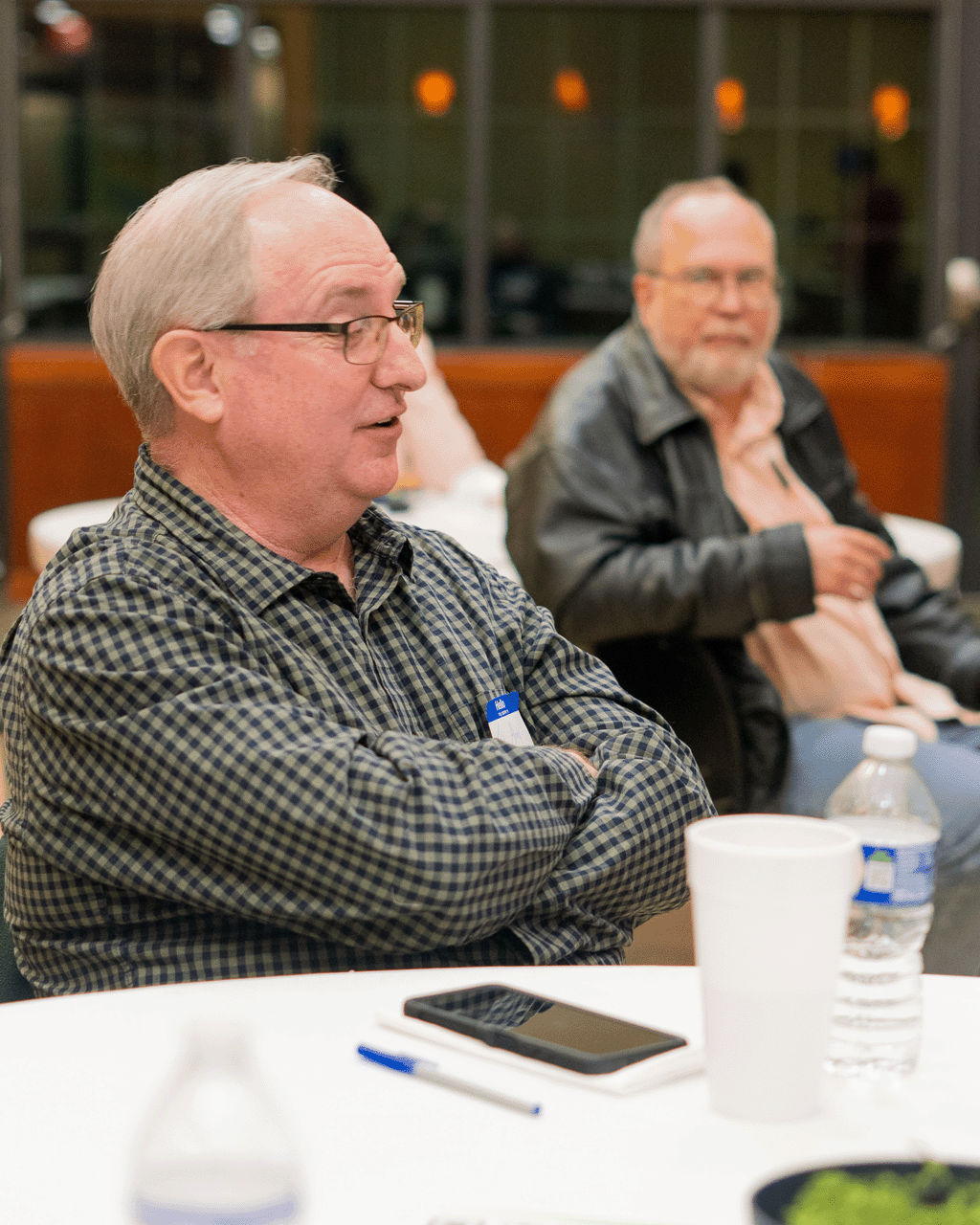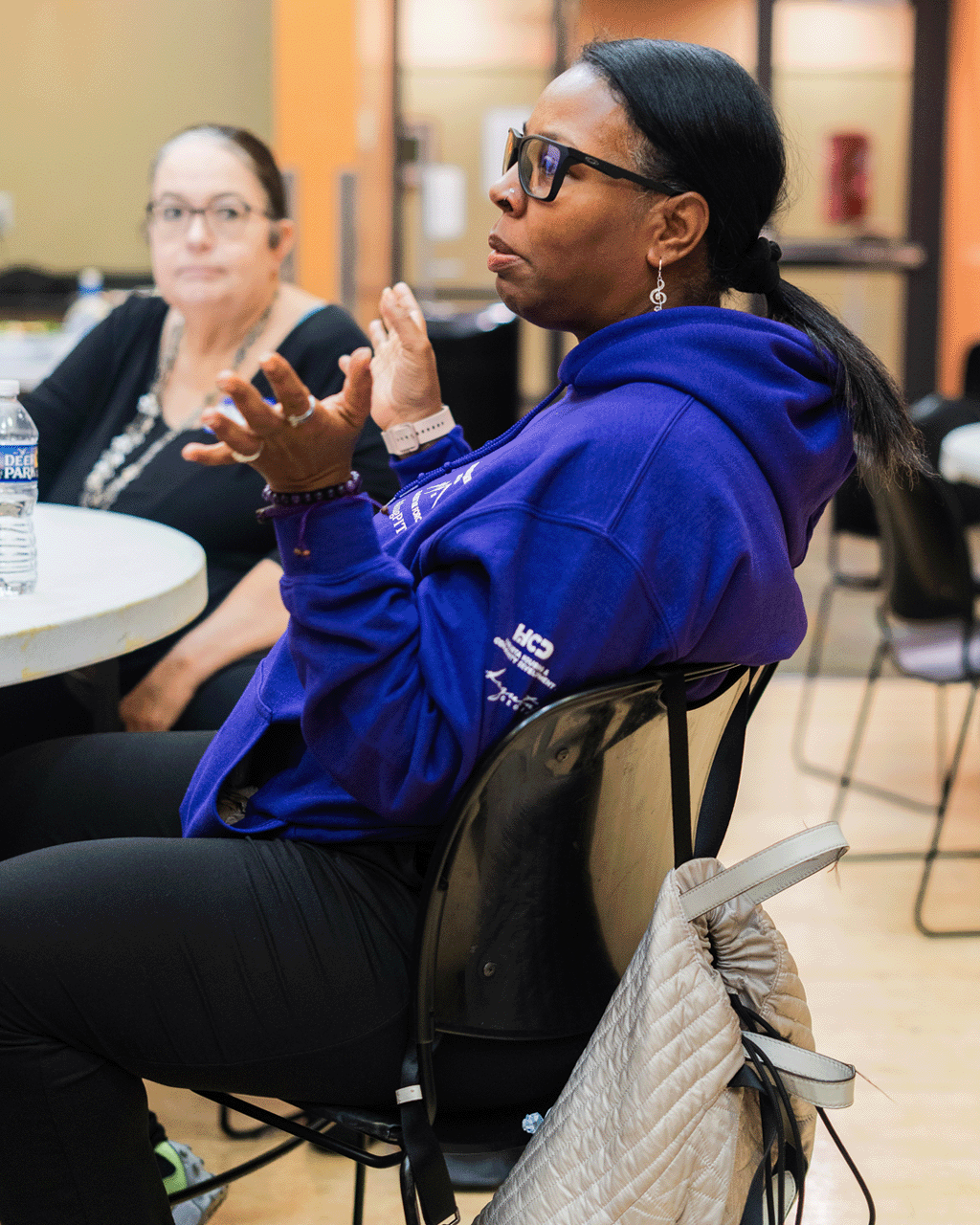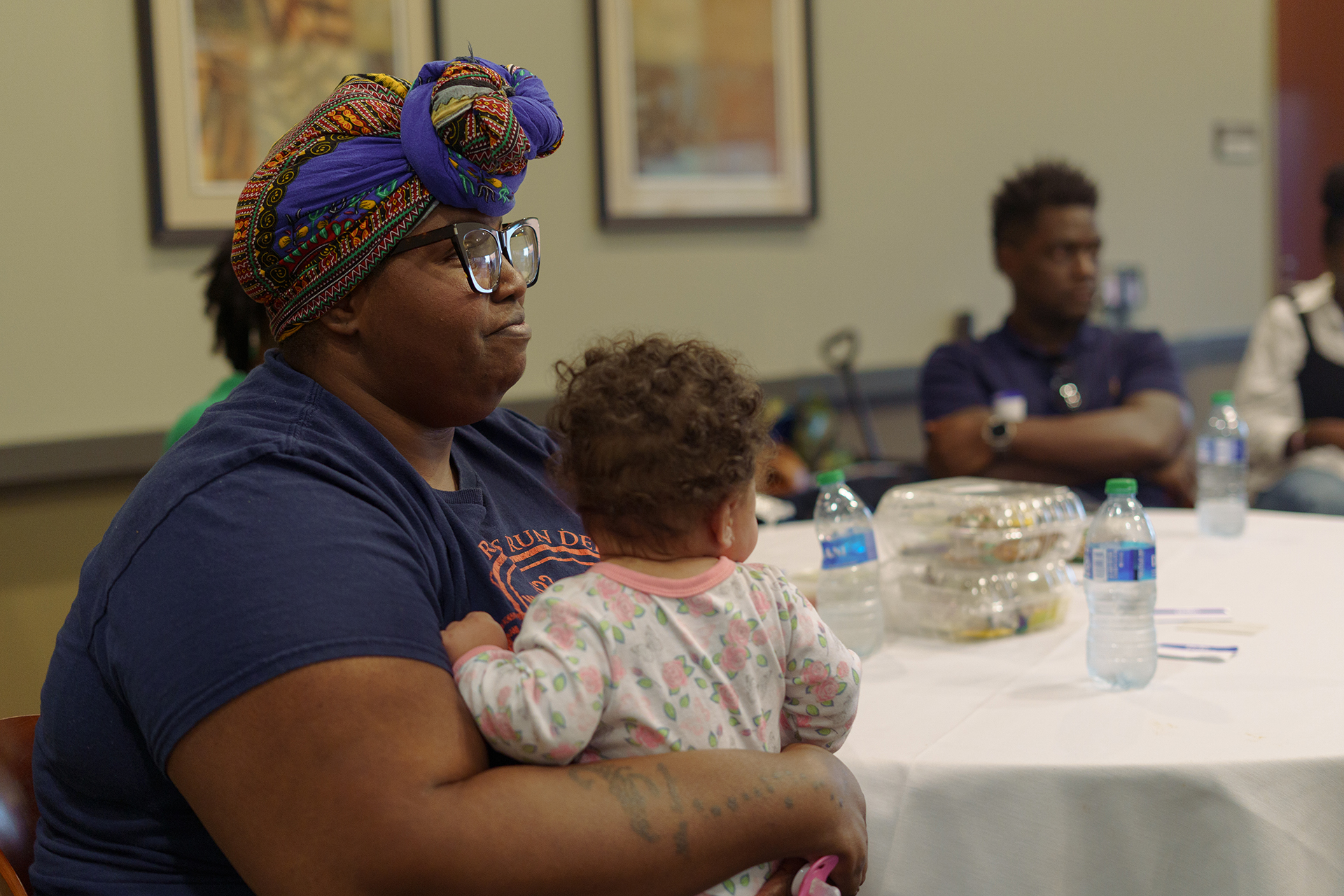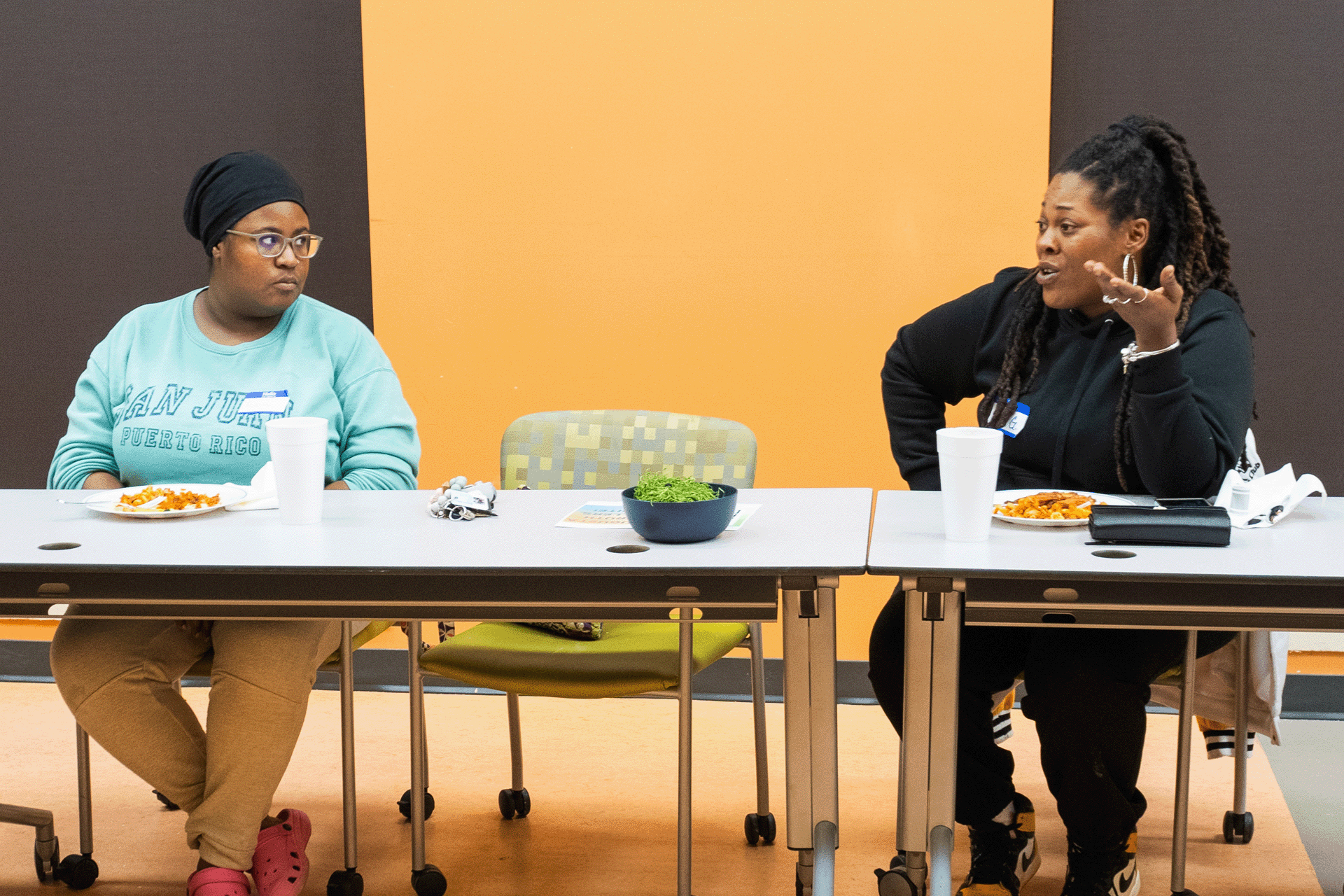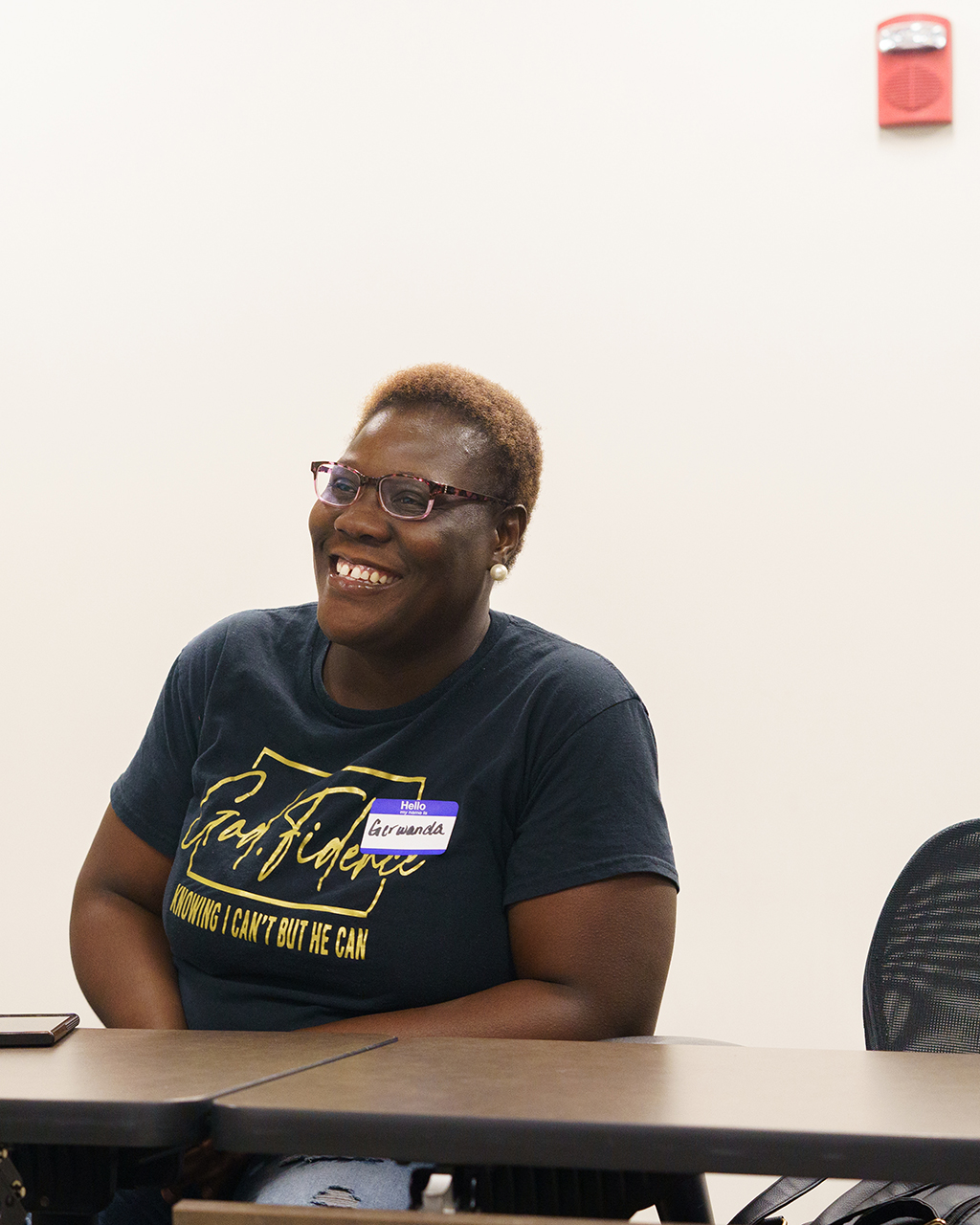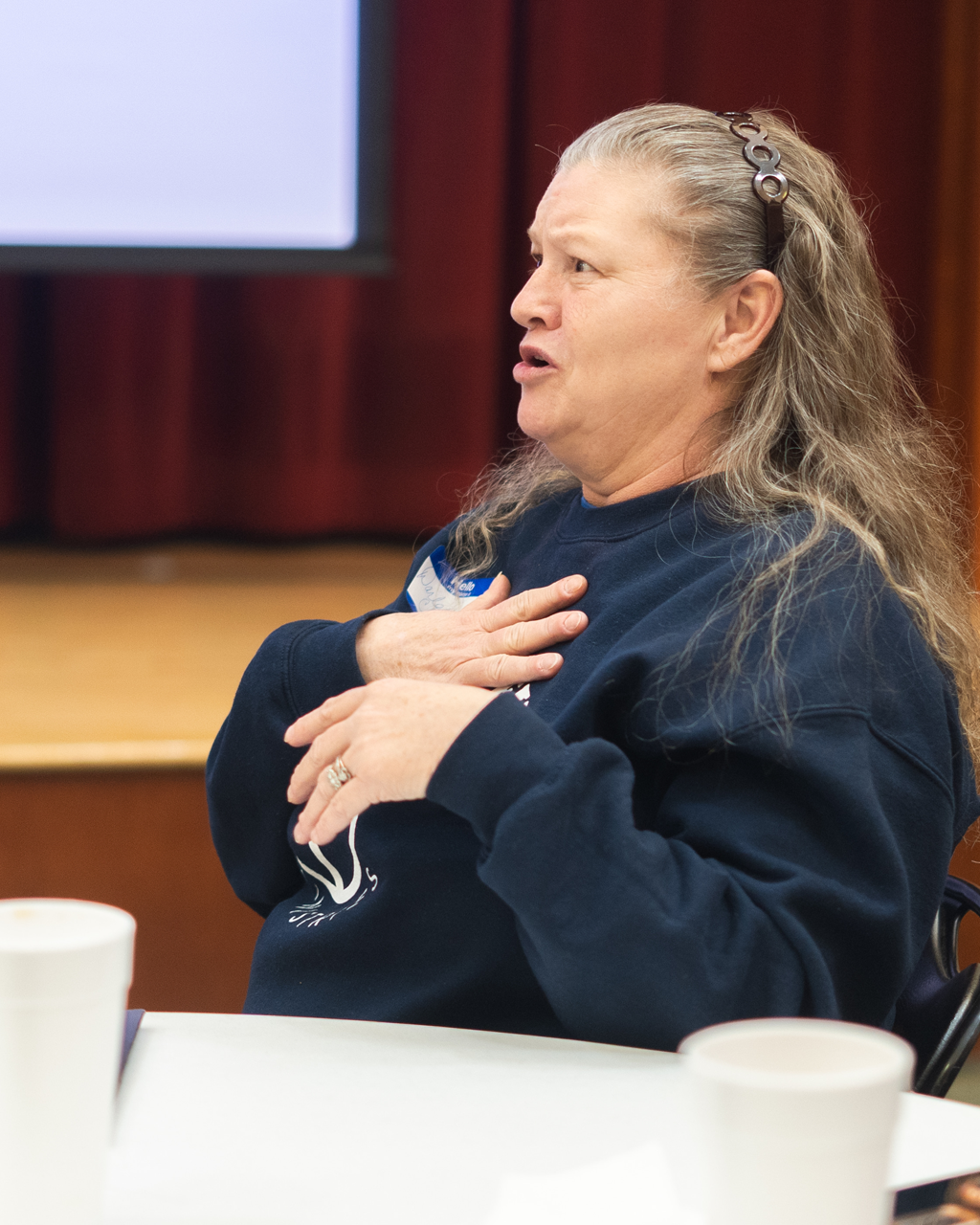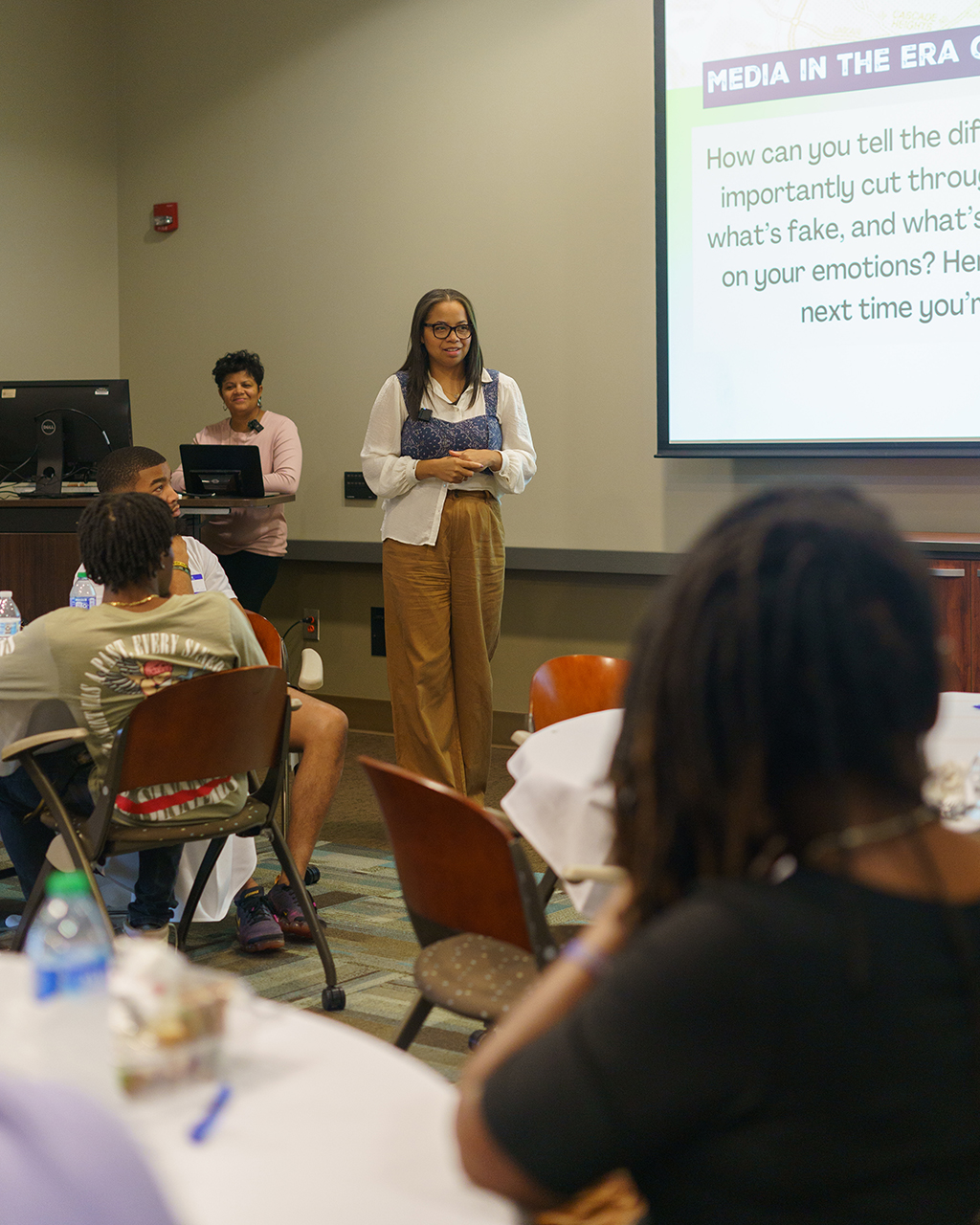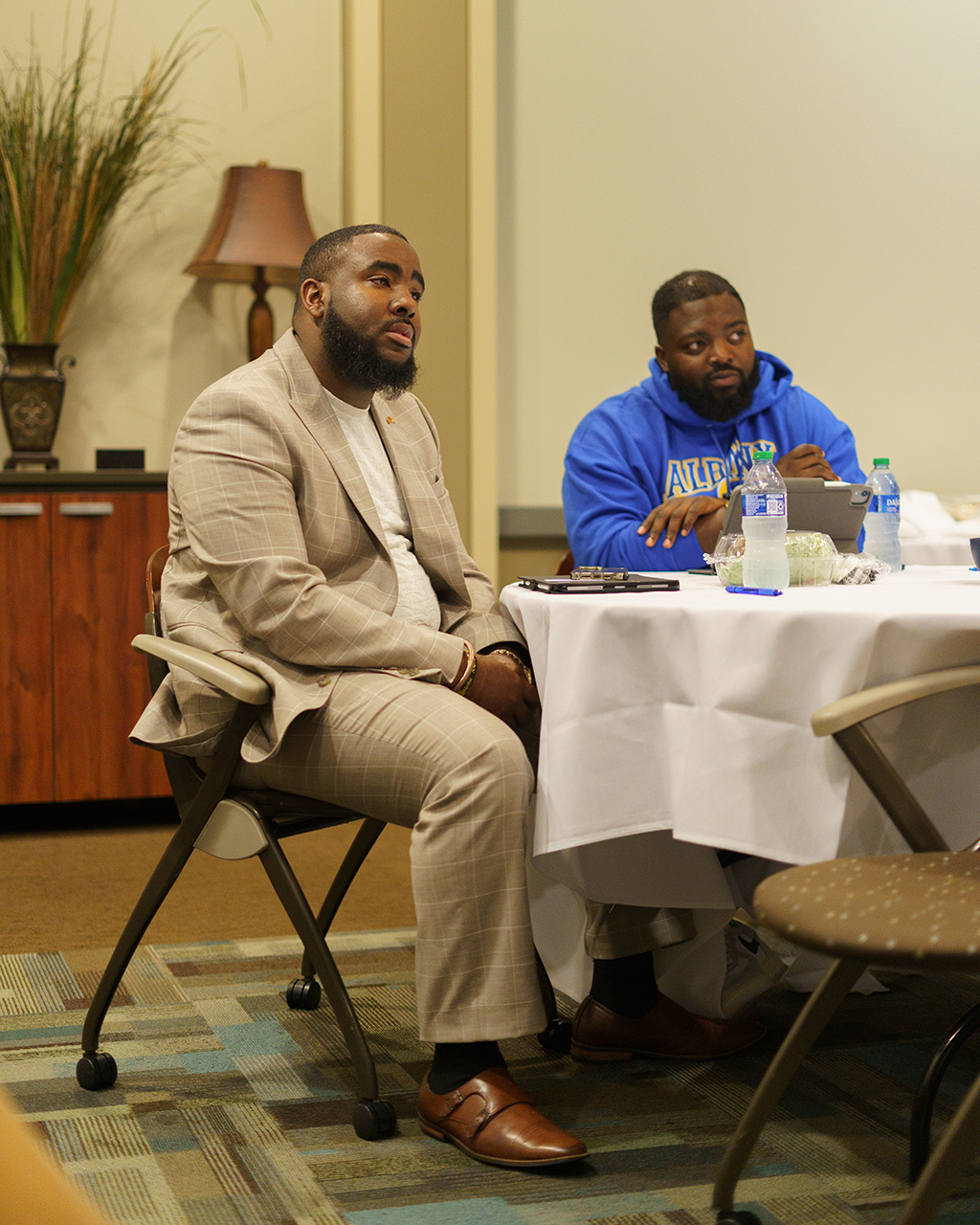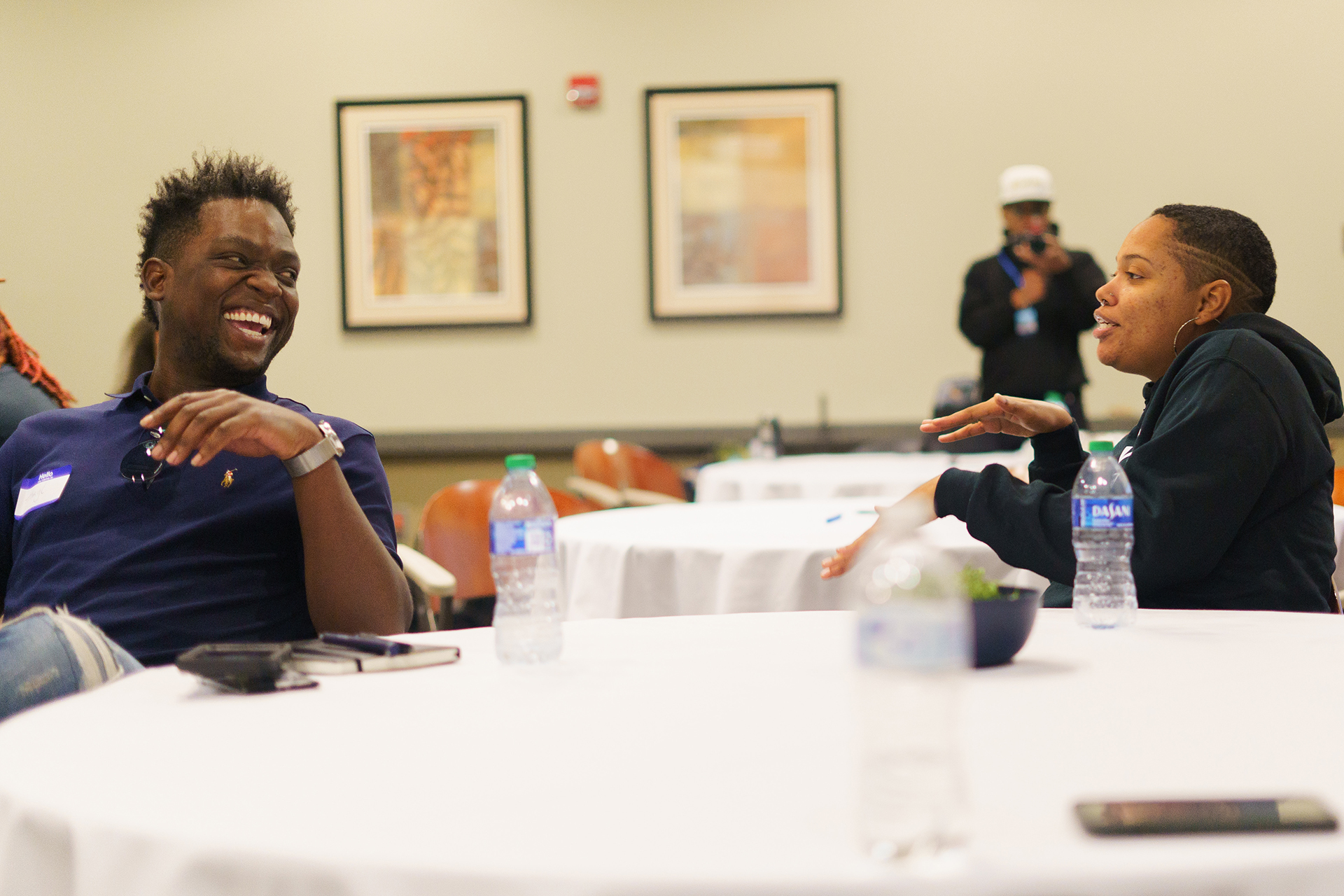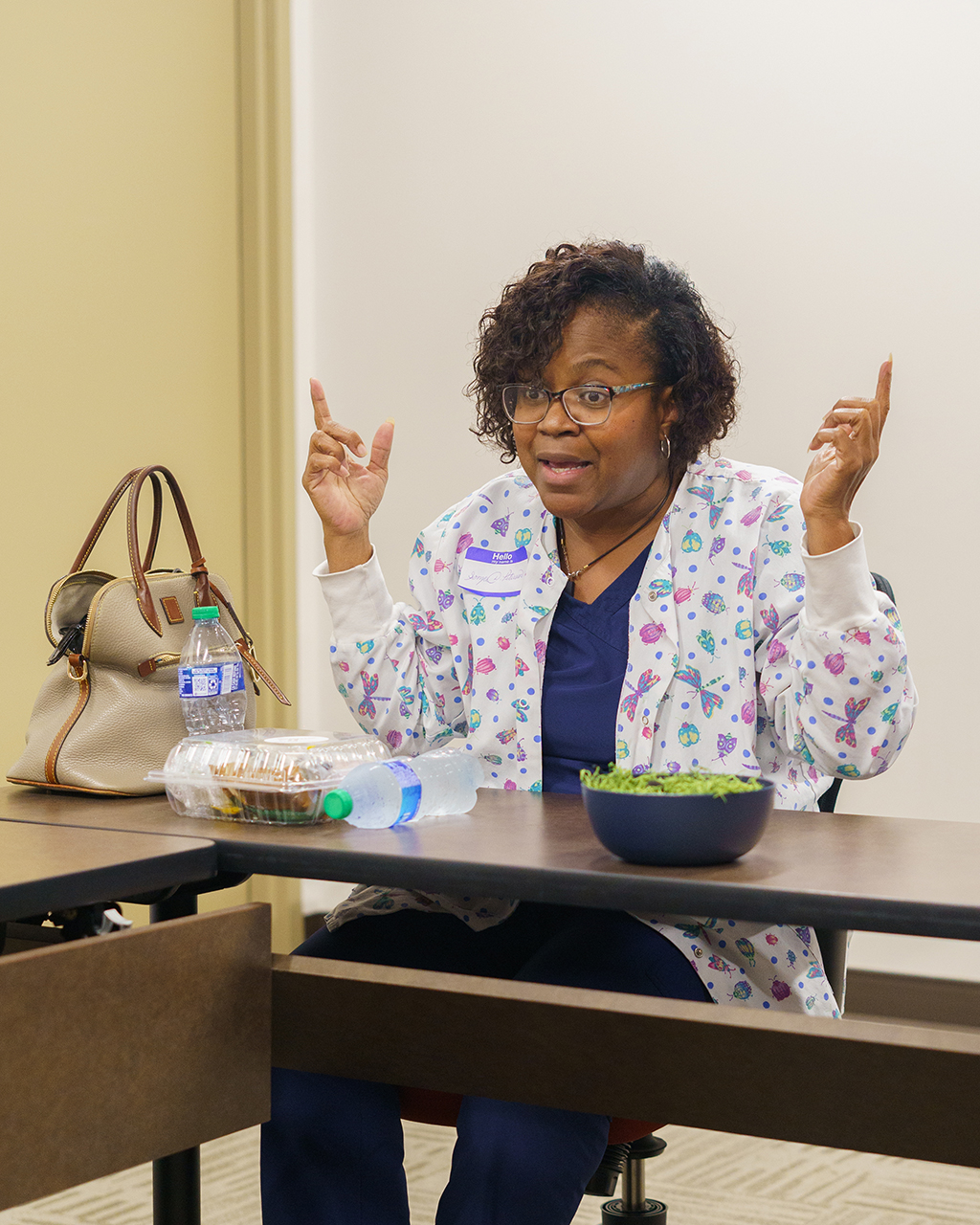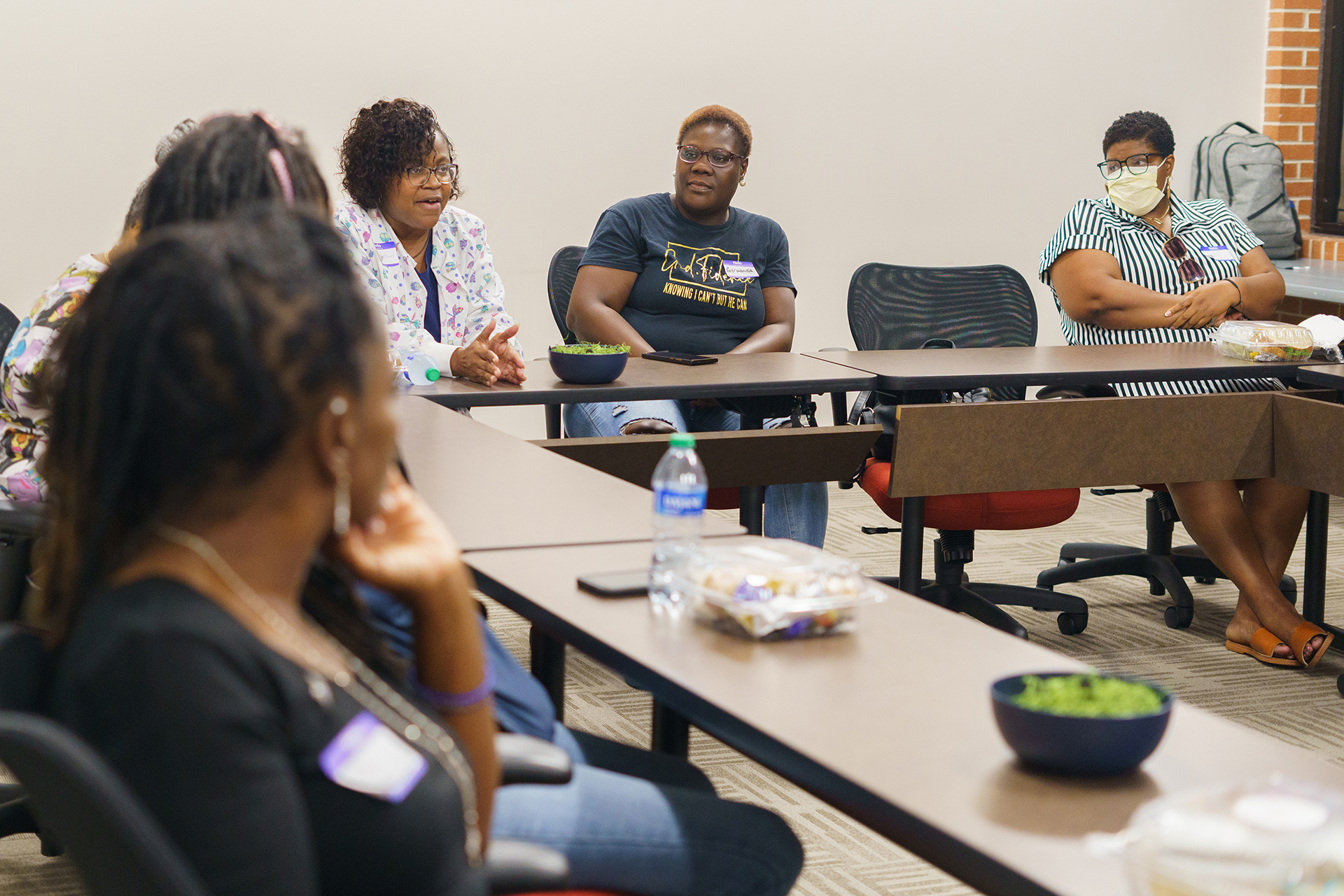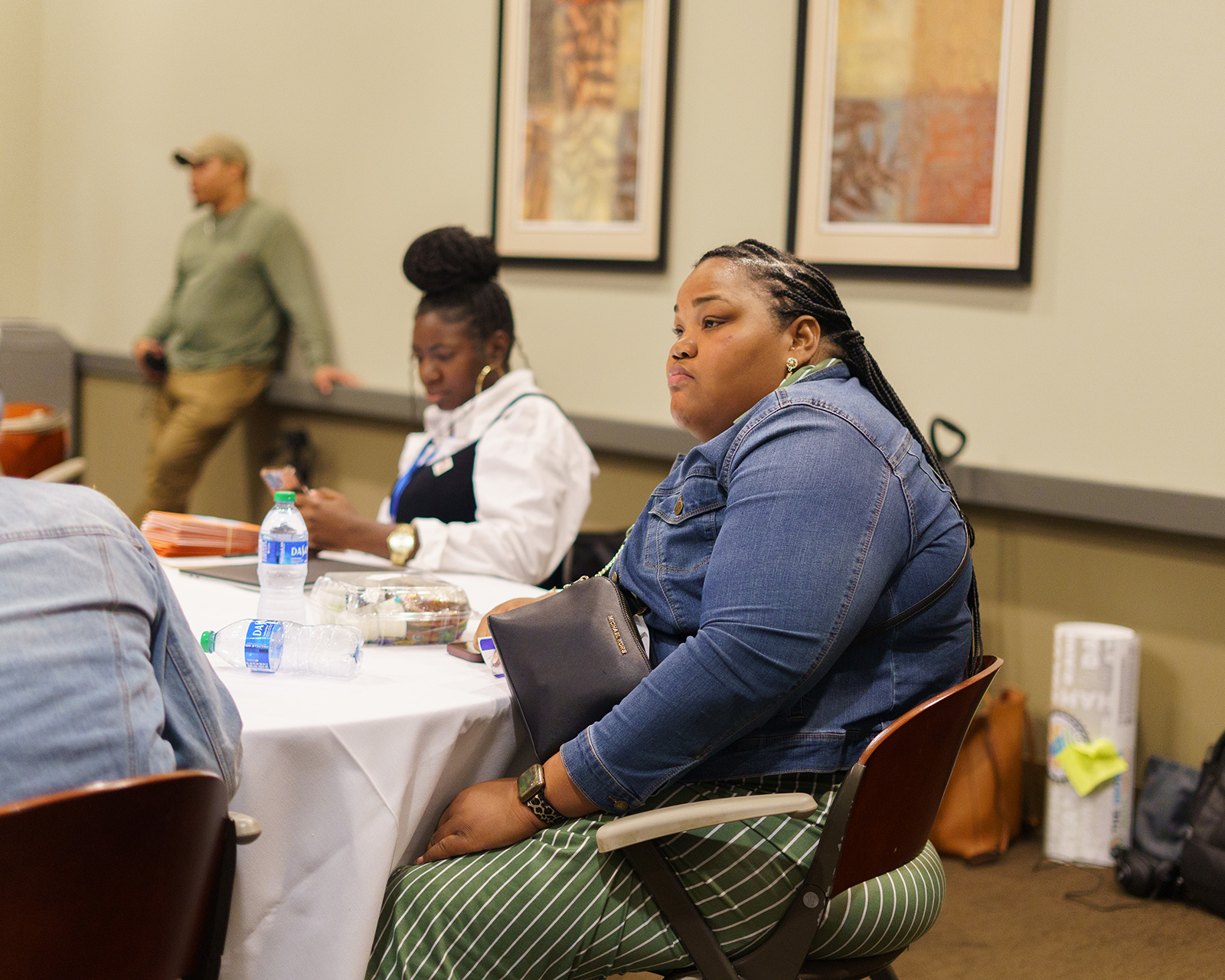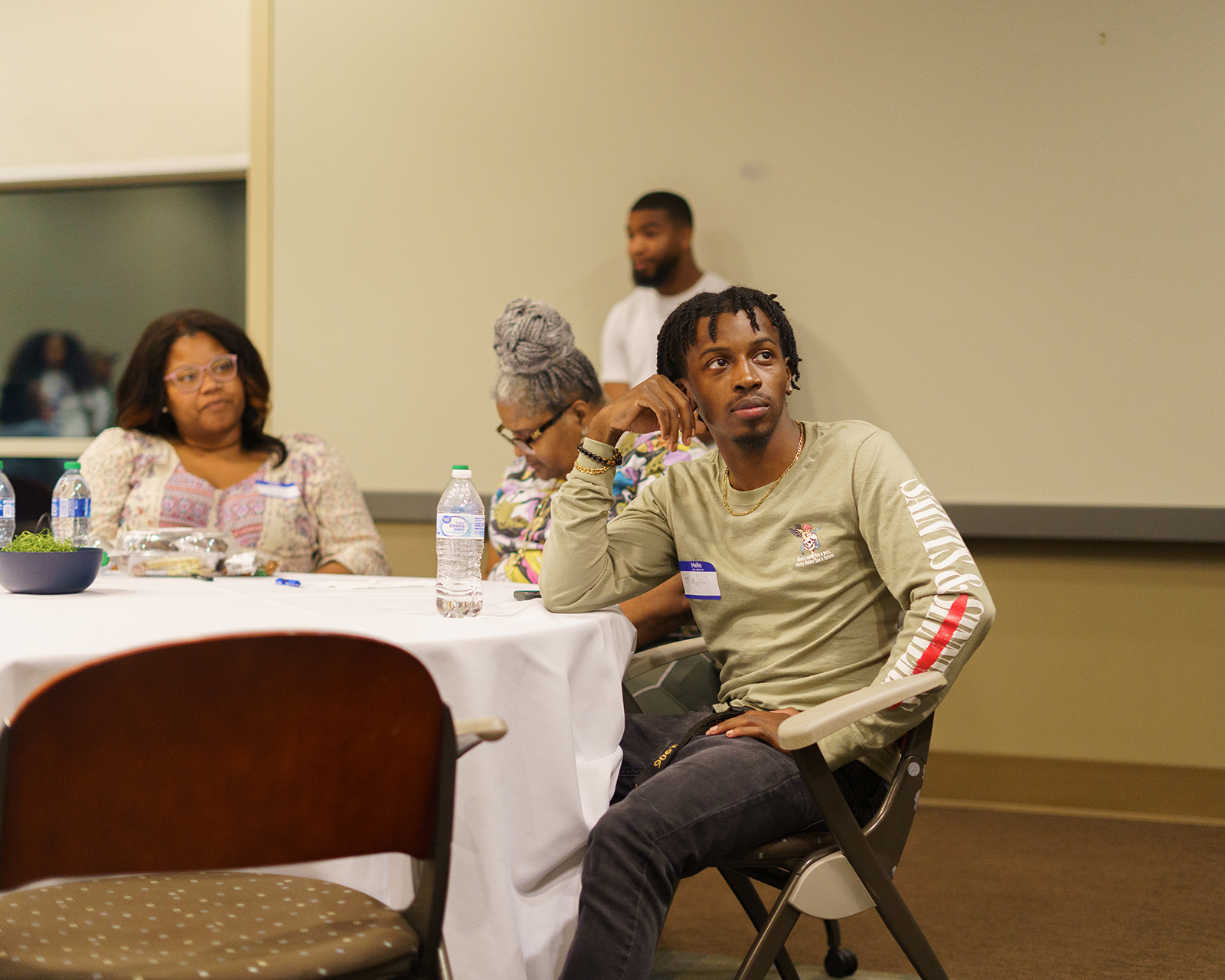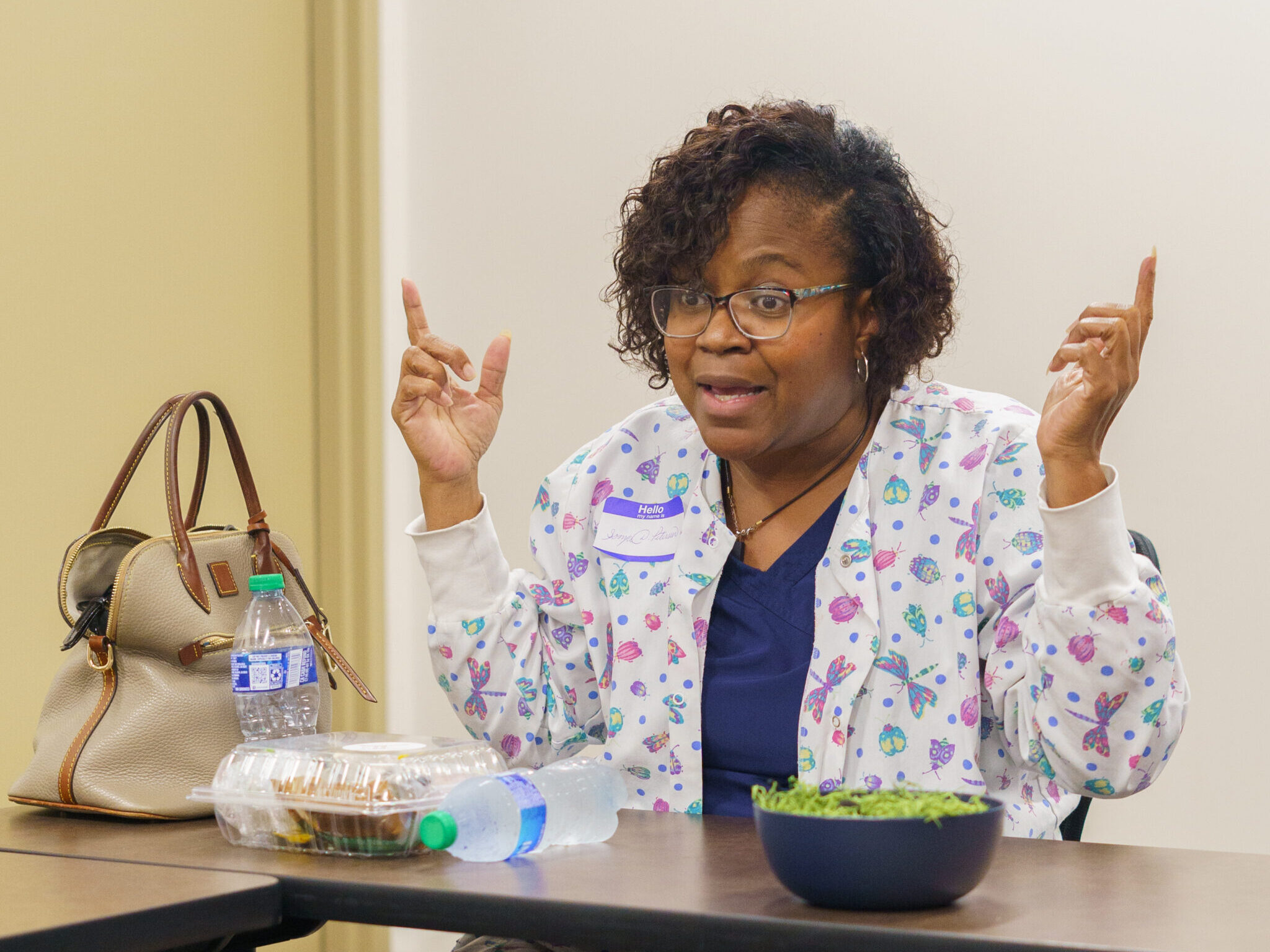Albany
Top Issues
“Job opportunities in fast food restaurants are pretty much all you can get here. There’s nothing else besides that.”
Infrastructure
In Albany, the lack of adequate infrastructure takes many forms — crumbling roads, energy inequity, poor response times from emergency services, and a lack of healthy food options in the community. Participants in Albany expressed concern over the high cost of traffic tickets and tolls. However, some may not understand how the roads can be in such bad shape. In addition, energy costs have seemed to skyrocket in Black communities. Building an equitable community will mean addressing all of these issues — especially in the communities that need them most.
Lack of Growth
Although Albany is a historic city, the most important issue among community members is the lack of growth and opportunity. Participants revealed they feel the only jobs available are low-paying positions at fast-food chains or other low-paying businesses in the service industry, such as car washes. This, when combined with Georgia’s low minimum wage, $5.15 per hour, has created intolerable economic conditions. As the economic situation continues to decline, many long-time residents are encouraging their children to move away in search of better economic opportunities.
Healthcare
Because of recent hospital closures, participants expressed difficulties in easy access to healthcare. For some, reaching a hospital can take over 60 minutes, and the wait times at Albany hospitals can exceed 3 hours. In addition, area mental health and drug rehabilitation centers have shuttered, forcing more folks to go without treatment, further exacerbating crime. Right now, healthcare is out of reach for many Albany residents.
Media
“I don’t really find anybody on Facebook that I want to follow for the news. . . . There’s too much false information on there for me.”
Word of Mouth
There is no better means of communication for Albany residents than good old-fashioned word of mouth. Some rely on a network of pastors, local activists, and influencers to spread the word about local resources and community events. Local community organizations also play a major role in informing the community about local issues and helping to organize folks to create change. These sources are often amplified by local community groups on Facebook and Instagram.
Podcasts and Radio
Because community leaders play such a major role in information sharing, radio stations are one of the preferred platforms for Albany residents to stay up to date on local issues. Community members often tune into local radio shows to hear from pastors and community leaders. Focus group participants folks also mentioned relying on news podcasts to fill in the gaps and keep them informed on national issues.
News Influencers
Similar to the reliance on local organizations and word of mouth to learn about breaking news, focus group participants reported looking to national figures to learn about and gain perspective on national issues. Multiple residents mentioned they prefer looking to journalist Roland Martin, political commentator Candace Owens, or other personalities on YouTube rather than listening to traditional media or government news sources.

